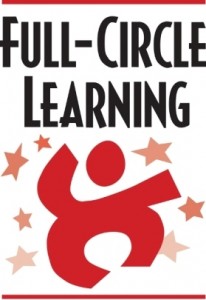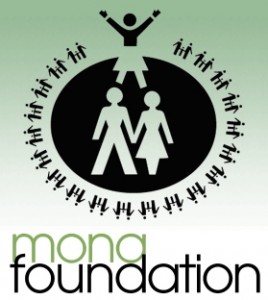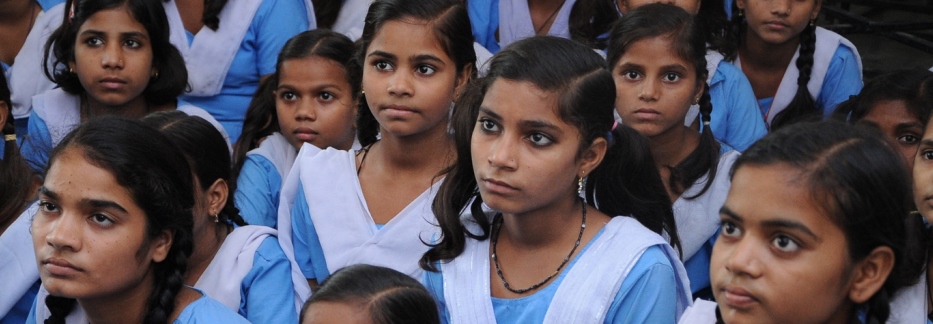The views expressed in our content reflect individual perspectives and do not represent the authoritative views of the Baha'i Faith.
Anyone who worries about the state of humanity and longs to improve the world almost immediately hits a huge roadblock. Our numerous global problems are so dissimilar and widespread, while the deep-rooted obstacles appear so pervasive and intractable, that achieving fundamental change seems almost hopeless.
The answer comes from focusing on a few critical issues that impact the entire world. These, taken together, can become part of a larger solution that changes the dynamic, making the impossible into the achievable.
To do this, a number of Baha’i-inspired, grassroots social action organizations have concentrated their global efforts on decisive projects, such as local community development, early childhood education, and gender equality. These are all fundamental concerns identified in the writings of Baha’u’llah, the founder of the Baha’i Faith, as being vital to the transformation of humanity.
“Every age has its own problem, and every soul its particular aspiration,”
Baha’u’llah wrote, adding,
“Be anxiously concerned with the needs of the age you live in, and center your deliberations on its exigencies and requirements.”
So, for many Baha’is, direct and personal involvement helping to solve the world’s problems represents a core spiritual belief. It is not enough to just profess support for the unity of mankind, or the elimination of prejudice, or even creation of a peaceful global society where all persons are treated with dignity and respect; being a Baha’i means actively working to create all these conditions.
To accomplish this, individuals and groups of Baha’is have fashioned a wide diversity of social and economic development projects, each with its own particular emphasis, and each designed to focus on an essential part of the larger global problem. While the Baha’is and the thousands of worldwide ventures on which they labor may be relatively small in numbers, they create an impact that is disproportionate to their size.
This growing global network of projects includes basic literacy training in Kenya, Panama, India, and French Guiana; clean water supply development in Vanuatu in the South Pacific; rural community improvement in Nepal; and small-scale, income-creating ventures, like beekeeping, brick making, and poultry farming in Kenya.
Two larger Baha’i-inspired projects deserve special mention here:
 Full-Circle Learning (FCL), a California-based non-profit organization, focuses on preschool, elementary and secondary school education. Full-Circle Learning offers integrated education through project-based learning. FCL’s goal is to create well-educated, humanitarian children who will serve as change agents and leaders in their communities. FCL concentrates on infusing purpose and motivation into basic academics by linking spiritual principles such as compassion and cooperation with service projects that apply academic skills. FCL trains teachers to customize their courses for their local regions and to exchange ideas and classroom techniques with other schools and communities. FCL collaborates closely with dozens of schools in 15 countries. During 2012, FCL-trained teachers served 11,000 children in Liberia, Chad, Zambia, Haiti, China, Brazil, Zambia, Japan, Kenya, Ethiopia, South Africa, Lesotho, India, Nigeria and the United States.
Full-Circle Learning (FCL), a California-based non-profit organization, focuses on preschool, elementary and secondary school education. Full-Circle Learning offers integrated education through project-based learning. FCL’s goal is to create well-educated, humanitarian children who will serve as change agents and leaders in their communities. FCL concentrates on infusing purpose and motivation into basic academics by linking spiritual principles such as compassion and cooperation with service projects that apply academic skills. FCL trains teachers to customize their courses for their local regions and to exchange ideas and classroom techniques with other schools and communities. FCL collaborates closely with dozens of schools in 15 countries. During 2012, FCL-trained teachers served 11,000 children in Liberia, Chad, Zambia, Haiti, China, Brazil, Zambia, Japan, Kenya, Ethiopia, South Africa, Lesotho, India, Nigeria and the United States.
 The Mona Foundation, a non-profit based in Seattle, Washington, also focuses on education, but with particular emphasis on raising the status of girls and women throughout the world. For the Mona Foundation, teaching girls is essential because those girls will grow up to become the educated mothers whose knowledge and insight can be diffused through their families and into their communities. The Mona Foundation believes the most effective way to alleviate global poverty is through universal education and gender equality; and that the development of society is most likely to happen when local communities learn to find their own solutions. The foundation supports more than 20 local projects in countries like Vietnam, Mongolia, Tanzania, Cambodia, and the United States.
The Mona Foundation, a non-profit based in Seattle, Washington, also focuses on education, but with particular emphasis on raising the status of girls and women throughout the world. For the Mona Foundation, teaching girls is essential because those girls will grow up to become the educated mothers whose knowledge and insight can be diffused through their families and into their communities. The Mona Foundation believes the most effective way to alleviate global poverty is through universal education and gender equality; and that the development of society is most likely to happen when local communities learn to find their own solutions. The foundation supports more than 20 local projects in countries like Vietnam, Mongolia, Tanzania, Cambodia, and the United States.
All these endeavors have one thing in common: the direct participation and financial support of committed and progressively-minded individuals, Baha’is and others, who are convinced their work can make the world a better place to live.
No one pretends this process will be quick or easy. Social calamities like ethnic hatred, war, and poverty have been around as long as recorded history and probably were in place before then. But, when people begin acting together in positive ways, it creates a snowball effect. At some point, when enough individuals are involved in the process, the beneficial results gather unstoppable momentum and constructive outcomes become the norm.
Is it realistic to expect that the thousands of local, low-profile, grassroots projects like these can actually make a fundamental, long-term, and global difference? Let the last word on this question go to the renowned cultural anthropologist, Margaret Mead:
“Never doubt that a small group of thoughtful, committed citizens can change the world; indeed, it’s the only thing that ever has.”
















Comments
Sign in or create an account
Continue with Googleor